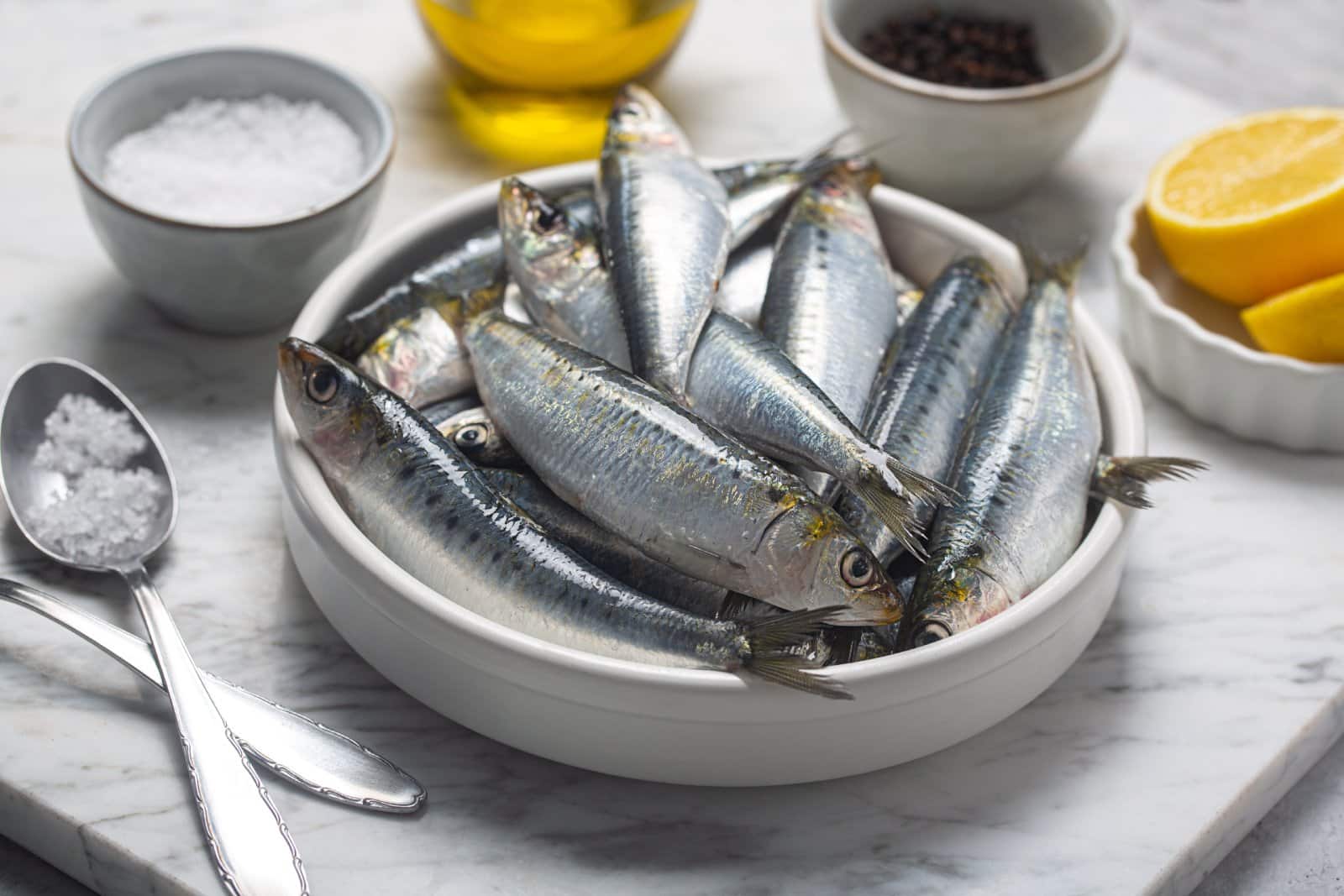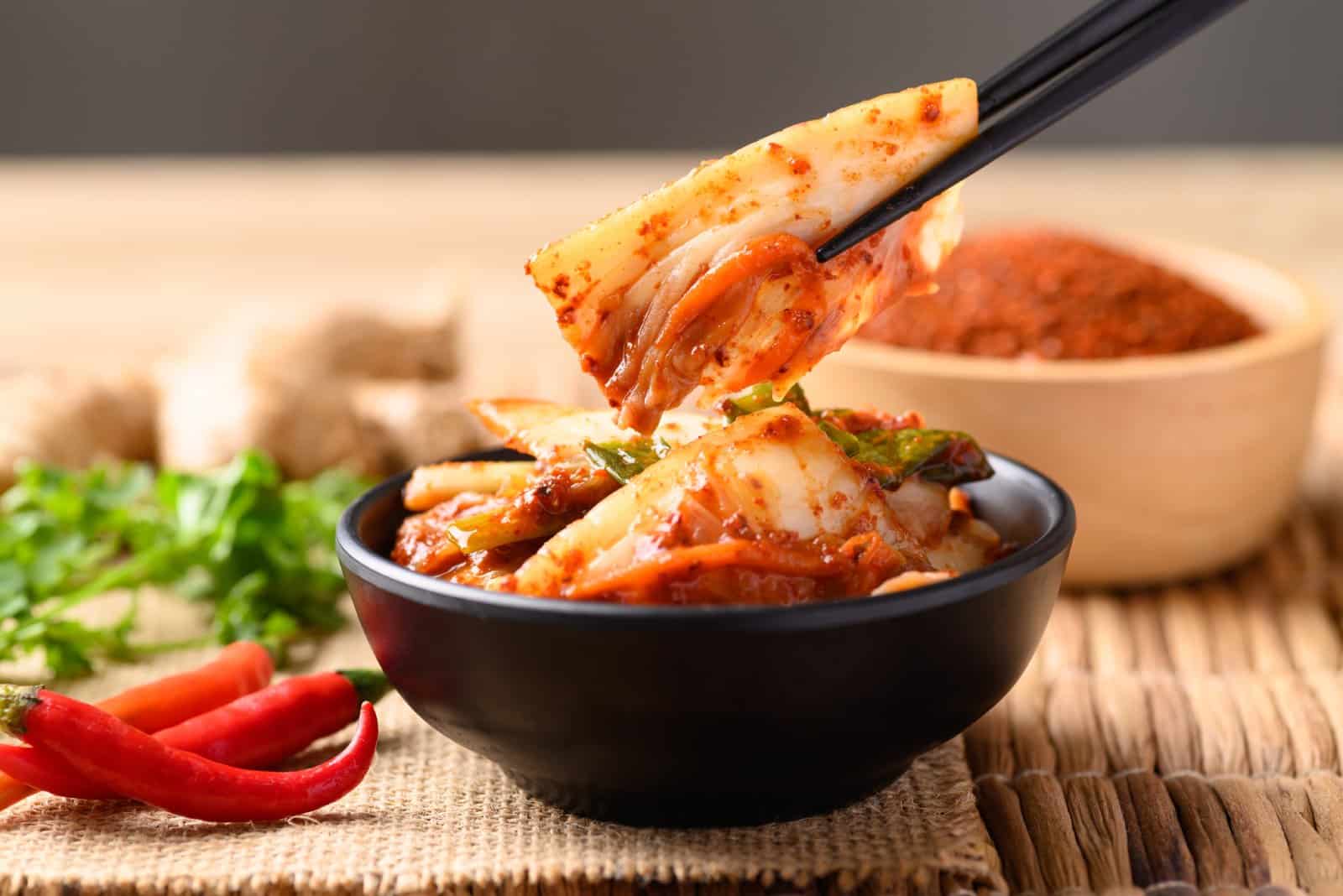Summer is the season of sunshine, beach days, and cookouts. But did you know it’s also prime time for food poisoning? Yep, those warm temperatures that make summer so enjoyable can also turn your food into a breeding ground for bacteria. Here’s why food poisoning spikes in the summer and how you can avoid becoming a statistic.
1. Heat Helps Bacteria Thrive

When temperatures rise, bacteria like Salmonella and E. coli thrive. According to the CDC, these bacteria can multiply rapidly in warm conditions, turning your picnic into a petri dish.
2. Outdoor Cooking Risks

Grilling in the backyard is a summer tradition, but it’s not as controlled as cooking in your kitchen. Research from the University of California highlights that grills and picnic tables often harbor more germs than you might think.
3. Improper Food Storage

Keeping food at safe temperatures is tricky outdoors. The USDA warns that perishable foods can quickly reach dangerous temperatures if left out in the sun for too long.
4. Traveling with Food

Summer trips often mean taking food along, but your cooler isn’t as reliable as your fridge. Long car rides and outdoor exposure can lead to bacterial growth.
5. Undercooked Meats

Barbecues are great, but undercooked meat is a major risk. The FDA recommends using a meat thermometer to ensure meats are cooked to safe temperatures.
6. Dairy Dangers

Milk and cheese spoil quickly in the heat. Studies show that these dairy products need to be kept cool to avoid becoming breeding grounds for bacteria.
7. Mayonnaise-Based Salads

Potato salad and coleslaw are summer staples, but they can be risky. Mayo can spoil fast in warm weather, making these dishes potential hazards.
8. Seafood Spoilage

Seafood is especially prone to spoiling in the heat. The National Fisheries Institute advises keeping seafood on ice and eating it promptly.
9. Hand Hygiene

Washing your hands before handling food is critical. The CDC reports that proper hand hygiene can prevent many foodborne illnesses.
10. Avoiding Cross-Contamination

Keeping raw meats separate from other foods is essential. This prevents bacteria from spreading to ready-to-eat items.
11. Smart Leftover Storage

Store leftovers in shallow containers and refrigerate them quickly. If food has been sitting out for too long, it’s safer to throw it away.
12. Using Plenty of Ice

Fill your coolers with lots of ice or ice packs. This keeps perishable foods at a safe temperature.
13. Regularly Check Food Recalls

Stay informed about food recalls, especially in summer. The FDA and USDA regularly update lists of foods that may be contaminated.
14. Hydration and Safety

Keeping hydrated is important, but make sure your water source is clean. Contaminated water can also cause food poisoning.
15. Safe Handling of Fruits and Veggies

Wash fruits and vegetables thoroughly. Even produce can harbor harmful bacteria.
16. Choosing Safe Snacks

Opt for non-perishable snacks when you’re out and about. Nuts, dried fruit, and granola bars are safer options that don’t spoil easily.
17. Proper Use of Thermometers

Using a meat thermometer ensures that your food is cooked thoroughly, which is key to killing harmful bacteria.
18. Be Wary of Buffets

Buffets and potlucks can be breeding grounds for bacteria. Make sure hot foods stay hot and cold foods stay cold.
19. Educate Your Guests

If you’re hosting, inform your guests about food safety. Sharing these tips can help everyone stay healthy.
20. Stay Updated with Health Alerts

Sign up for food safety alerts from reliable sources. This helps you stay informed about any new risks or outbreaks.
Summer is a time for fun, not foodborne illnesses. By following these tips and staying vigilant, you can enjoy all the delicious treats of the season without the risk. Remember, food safety is a crucial part of any summer activity. Enjoy the sun and stay safe!
Timeless Taste: 20 Boomer Superfoods That Are Making a Comeback

Discover the forgotten superfoods of the boomer generation! From liver to sardines, these nutritional powerhouses are making a comeback. Join us as we rediscover these classic ingredients and their health benefits. Let’s dive into the world of boomer superfoods together! Timeless Taste: 20 Boomer Superfoods That Are Making a Comeback
21 Everyday Grocery Items That Are Loaded With Chemicals

Grocery shopping can seem like a science experiment, with many products packed with artificial additives instead of nutrients. While convenient and tempting, have you considered what’s really in these items? 21 Everyday Grocery Items That Are Loaded With Chemicals
18 Must-Eat Foods for a Longer Life

In the quest for a longer life, certain foods can make a big difference. From everyday staples to exotic finds, these options span various budgets and might surprise you. Who knew the secret to longevity could be right in your pantry or at the grocery store? 18 Must-Eat Foods for a Longer Life
Featured Image Credit: Shutterstock / eldar nurkovic.
For transparency, this content was partly developed with AI assistance and carefully curated by an experienced editor to be informative and ensure accuracy.

